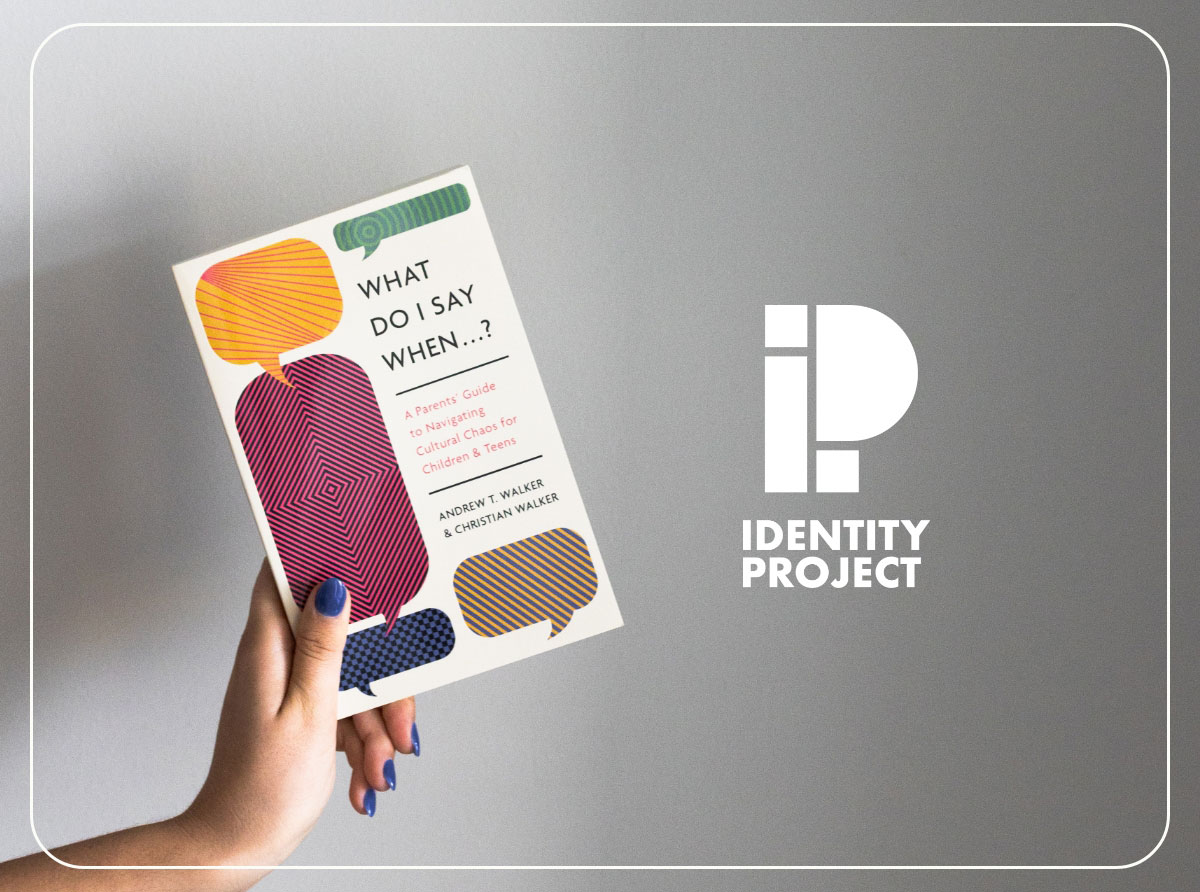

BreakPoint
Press Voyeurs
On a balmy day last summer, in wealthy Montgomery County, Maryland, a group of teen-agers blew their minds out on the hallucinogenic drug LSD. They were all nice kids, the kind who get good grades and lead student council. No one suspected they were indulging in a dangerous drug that night--not their parents, not their teachers, not the police. No one, that is, except a reporter. A Washington Post reporter stayed on hand all night to observe the party. She calmly watched as minor children broke the law by popping 4, 5 and 6 hits of acid. She listened as kids described their hallucinations: faces appearing in the woodwork, paper bursting into flames, images in the mirror turning into devils. The reporter observed and took notes. She made no effort to stop the teens. She offered no moral comment. And when she wrote up a story for the Post, she concealed the kids' identities. Even now, many parents probably don't know whether their own children were involved. Public reaction to the story was swift--and outraged. Was it right for a reporter to stand by passively as teens took an illegal and dangerous drug? Should she have notified parents? Called the police? What was her ethical obligation as a reporter in a situation like this? The Washington Post gave its ombudsman, Richard Harwood, the task of answering the onslaught of letters. And this brings us to the most remarkable part of the story. Because Harwood wrote a piece defending the reporter. He advanced the utterly crass argument that journalism has no ethics anyway so what is everyone so hot about? This is so astounding, let me give you his exact words. Harwood said journalists are [quote] "in a business with no fixed moral or ethical formula." Their ethics just "get invented as [they] go along." For example, should a reporter publish state secrets? Harwood said: It depends. If a reporter finds an injured man in the street, should he help the man or grab a camera and film his death throes? Harwood said: It depends. And what should a reporter do if he stumbles upon a crime in progress? Harwood again: It depends. In other words, journalism is ruled by situation ethics: Right and wrong depend on how the reporter reads the situation. To tell the truth, Harwood confides, for journalists "ethics is not even [a] concern." Getting a good story is. How you get the story doesn't matter. This is sheer pragmatism, and Harwood freely admits it. All that counts, he says, is the result. The end justifies the means. The entire article is an amazing admission by a prominent member of the press, revealing just how much journalists have rejected any transcendent, God-given standards to guide their conduct. They have become mini-Gods, making up their own rules as they go along. Of course, journalists aren't the only ones. Most of our major institutions and bureaucracies operate on pragmatism and situation ethics. Our corporate life is carried on in a gaping ethical vacuum. The book of Judges describes a time when the people of Israel lived in ethical anarchy, when "everyone did what was right in his own eyes." What a fitting description of life in America today.
01/21/92















